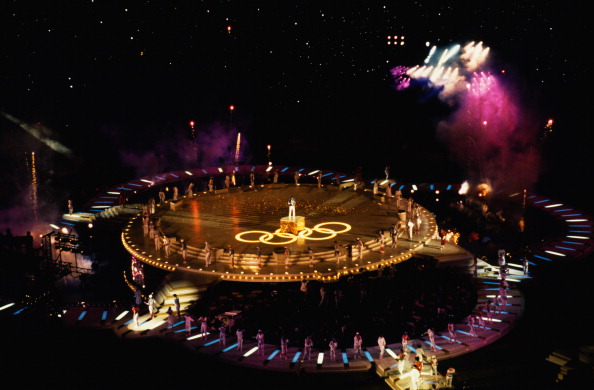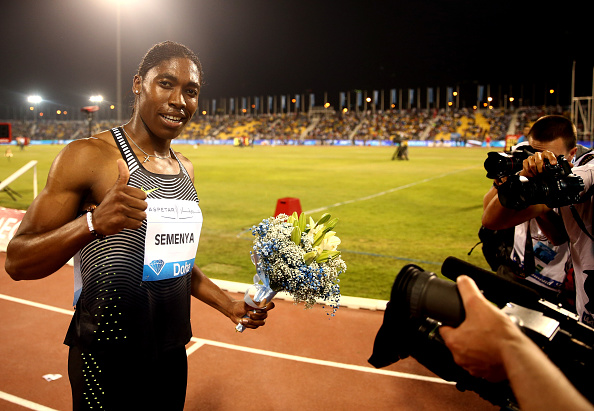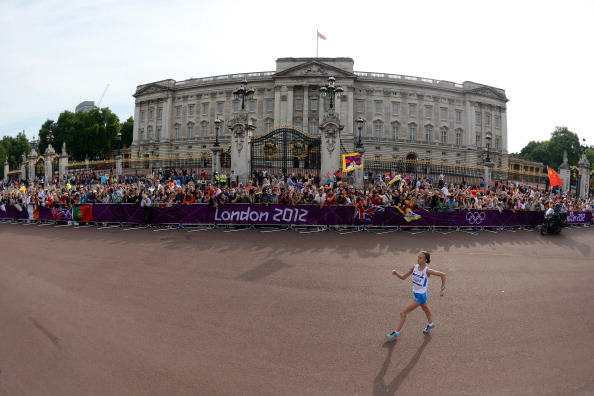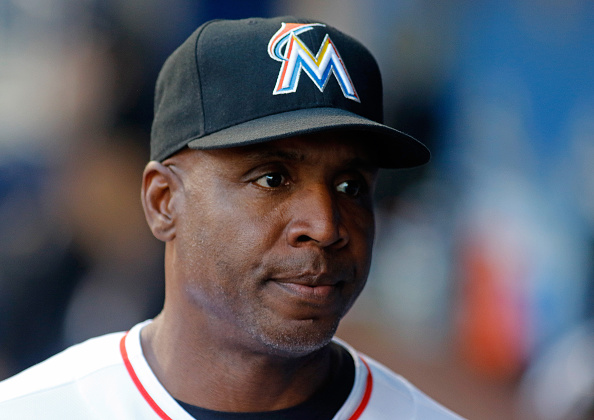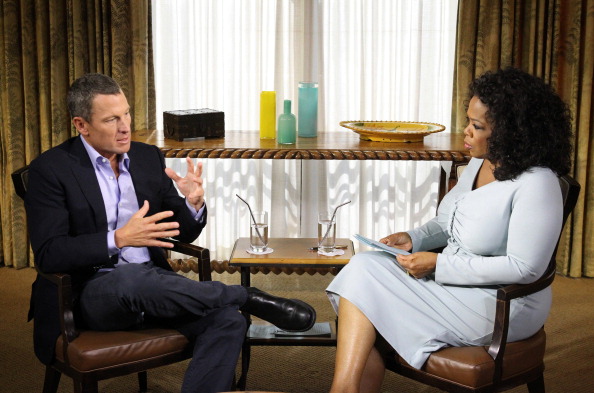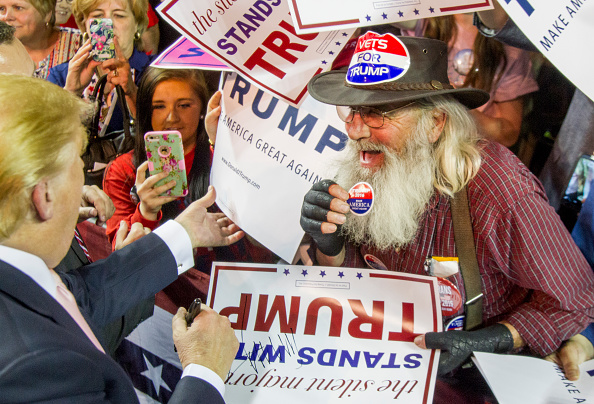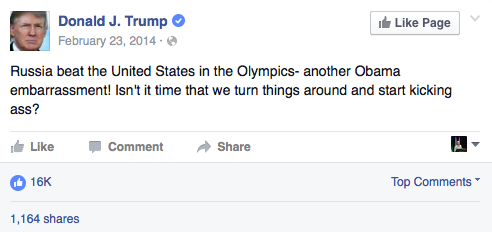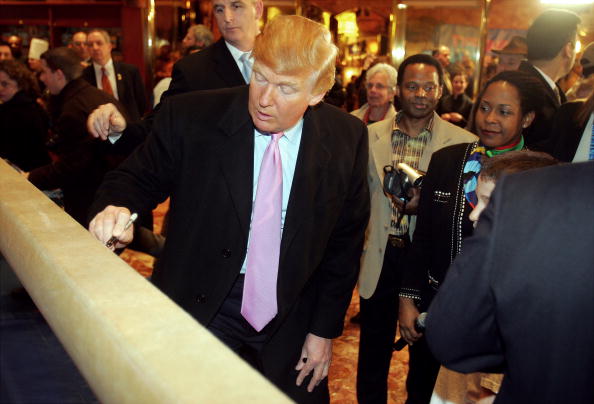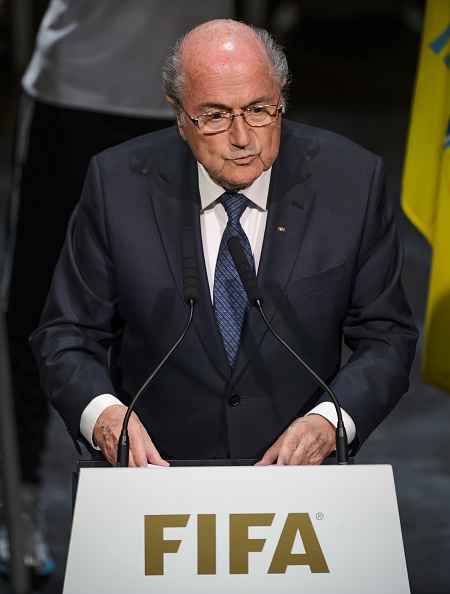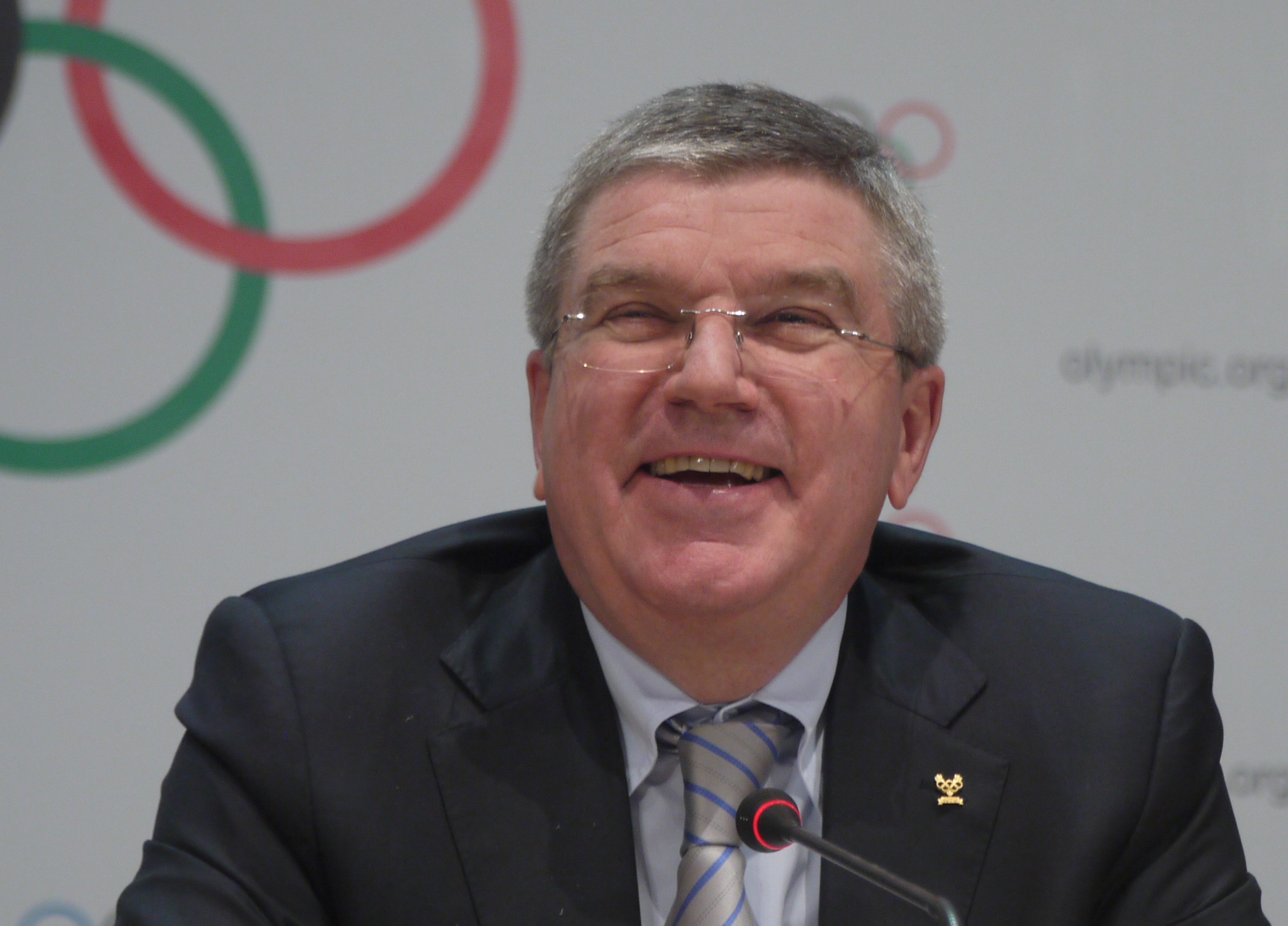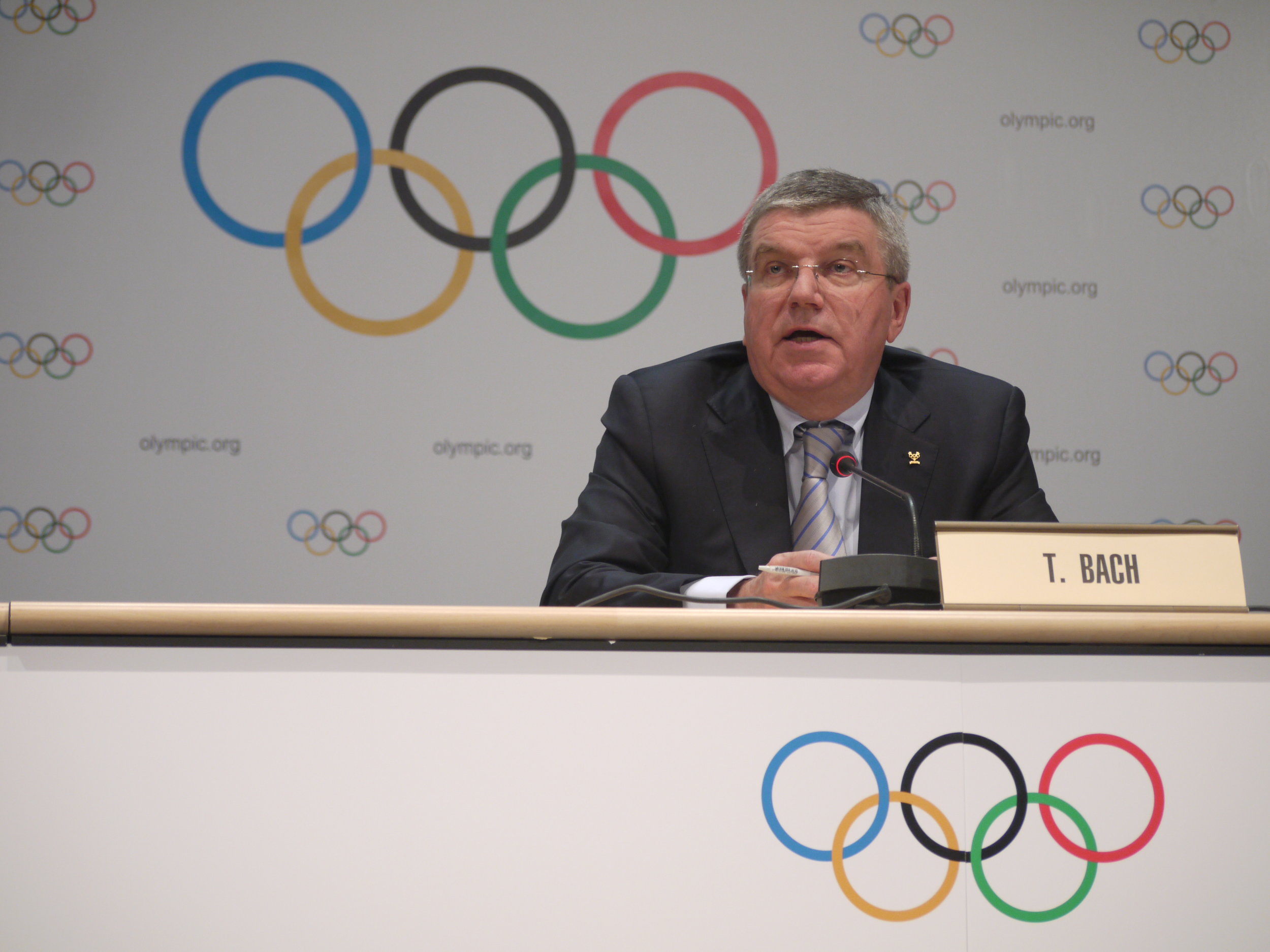At his show Sunday in Perth, Australia, with the E Street Band, Bruce Springsteen sought to honor the Women’s Marches Saturday back home in the States. Here are his remarks, in their entirety:
“The E Street Band is glad to be here in Western Australia. But we're a long way from home, and our hearts and spirits are with the hundreds of thousands of women and men that marched yesterday in every city in America and in Melbourne who rallied against hate and division and in support of tolerance, inclusion, reproductive rights, civil rights, racial justice, LGBTQ rights, the environment, wage equality, gender equality, healthcare and immigrant rights. We stand with you. We are the new American resistance.”
It's the last bit in particular that hits the wrong note.
Look, I have been a huge Springsteen fan for more than 40 years. I have happily been to more than three dozen of his shows, in North America and in Europe. I listen, maybe obsessively, to E Street channel on Sirius XM satellite radio.
It’s easy to understand that Springsteen is giving voice to the fear and anger many, many like-minded people feel right now, as Donald Trump takes over the U.S. presidency. No retreat, baby, no surrender. Sure.
Moreover, President Obama recently awarded Springsteen the nation’s highest civilian honor, the Presidential Medal of Freedom, and it turns out, according to the Springsteen website Backstreets, Bruce without publicity played a January 12 acoustic show at the White House for more than 200 White House staffers in the East Room, a thank-you for their service.
Springsteen also has been remarkably outspoken about Mr. Trump over the past few months, in a September interview with Rolling Stone calling Mr. Trump a “moron” and declaring the United States in “crisis,” which is hardly the case. You want crisis? Check out the west African republic of The Gambia. Washington just executed yet another peaceful transition of power.
You want hate and division? Pretty confident that nickel in your pocket features Thomas Jefferson, the third president. He’s one of the greats, right? Up on Mount Rushmore. In the Declaration of Independence, he wrote “all men are created equal.” He kept slaves, believed blacks were “racially inferior” and is now assumed to have had several children with one of his slaves, Sally Hemings.
Of course it can be problematic to judge behavior in the 18th and 19th centuries by 21st-century standards. Even so, there can be no debate that slavery is and was flat-out wrong and having sex with a slave is just — all the more horrifying.
Deep breath, everyone, before we go off about anything and everything with Mr. Trump.
Campaign rhetoric is rhetoric. Hillary Clinton appeared at the inauguration. If she can show that measure of class and respect, maybe we can all take a lesson and, as well, a deep breath.
As Mr. Obama said in his final news conference as president: “… At my core, I think we’re going to be OK.”
Springsteen, if you really want to get to it, is trying to have it both ways. In that September Rolling Stone piece, he said, "I think you have a limited amount of impact as an entertainer, performer or musician,” adding, “… I haven’t really lost faith in what I consider to be the small amount of impact that somebody in rock music might be able to have. I don’t think people go to musicians for their political points of view.” Yet Sunday in Perth it was, “We are the new American resistance.”
Ladies and gentlemen, this is not the 1930s or 1940s. People are not being rounded up and being sent to internment or concentration camps. Perth is not Vichy France. Neither is Perth Amboy, New Jersey. Nowhere in the United States is. We don’t need a “new American resistance.”
We need — see the example of Hillary Clinton, as hurtful as it must have been for her — to look for common ground.
We need to recognize, as Bruce Springsteen makes plain in so many of his songs, that we are all in this together.
Bad Scooter is all alone, you know, until the change is made uptown and the Big Man joins the band. Only then do they bust the city in half.
Together.
One of the perils of the moment: there is way too much disagreement in far too many forums that is laced with entirely too much vitriol and rancor. We need way more disagreement with respect. This column is intended to mark disagreement but in every regard with respect. We are all in this together.
What does any or all of this have to do with the Olympics or international sport? What are these words doing in this space?
There are, in our fragile world, three universal languages: music, sport and math.
Math, especially higher math, is elegant, according to those who understand it.
Maybe in another lifetime.
So it’s music and sport.
There’s a great argument to be made, amid the populist movements in our world that have produced Brexit and the election of Mr. Trump, that — now more than ever — the world needs the message of the Olympics.
If you’re so inclined, it needs the Games more than ever as soon as possible in the United States, perhaps both as rejoinder and affirmation.
The International Olympic Committee, a few years back, used a great tagline that sums it all up: celebrate humanity.
Indeed, that’s what the Games — with all their flaws, like each of us — are about, and that’s why the opening and closing ceremony of an Olympics always sounds with music.
That music speaks to who we are at a particular moment:
The Russian Police Choir performing a rousing version at the opening ceremony in 2014 in Sochi of Daft Punk’s “Get Lucky.” The Australian band Midnight Oil rocking out “Beds Are Burning” at the closing ceremony of the Sydney 2000 Games. Lionel Richie in that awesome sequined jacket-and-shirt combo at the closing ceremony of the 1984 Los Angeles Games, doing “All Night Long.”
The basic principle that the Olympic movement celebrates is simultaneously simple and yet incredibly profound.
It’s the very thing that Springsteen probably learned in high school in New Jersey in the ‘60s and for sure I learned at Northmont High School in rural Ohio, near Dayton, in the ‘70s: each and every person deserves to be treated with dignity, respect, civility, decency and tolerance and, as much as possible, every interaction with everyone you meet should be marked by humility and humanity.
And good manners.
Really, this is not that difficult.
If we all did this, instead of assuming the worst about each other or worrying that the sky is going to fall or that campaign rhetoric inevitably translates into destructive action, maybe we could do a lot better at talking with instead of at each other.
Like Bruce Springsteen says in many of his songs.
From 2007, and “Long Walk Home”:
“Here everybody has a neighbor
Everybody has a friend
Everybody has a reason to begin again
“My father said, ‘Son, we’re lucky in this town,
It’s a beautiful place to be born.
It just wraps its arms around you
Nobody crowds you and nobody goes it alone
“Your flag flyin’ over the courthouse
Means certain things are set in stone
Who we are and what we’ll do and what we won’t.”
One of Springsteen’s criticisms of Mr. Trump, as Springsteen also told Rolling Stone in September, is that “Trump’s thing is simple answers to very complex problems.”
Yet sometimes deriving simplicity from complexity is indeed just the thing. Maybe the one math lesson that sticks with everyone from high school: e = mc2.
The Springsteen catalogue runs to more than 300 songs. Arguably, the essence of it all springs from just two:
In “Born to Run,” from 1975, Springsteen asks the question that’s central to all of our lives: “I want to know if love is wild, babe I want to know if love is real.” Then: “Oh, can you show me.”
With love, we can all make our way. Together. Through fields where sunlight streams, as Springsteen sings in “Land of Hope and Dreams,” a song that dates to 1999 and was re-worked in 2012.
In this song, everyone is welcome to get on the train: saints, sinners, losers, winners, whores, gamblers, lost souls, the broken-hearted, thieves, sweet souls departed, fools and kings alike. Everyone. Just get on board. You don’t need no ticket.
On this train, dreams will not be thwarted. Faith will be rewarded. And, people, bells of freedom. they will ring.
More of that, please.
From and on behalf of each and every one of us.



